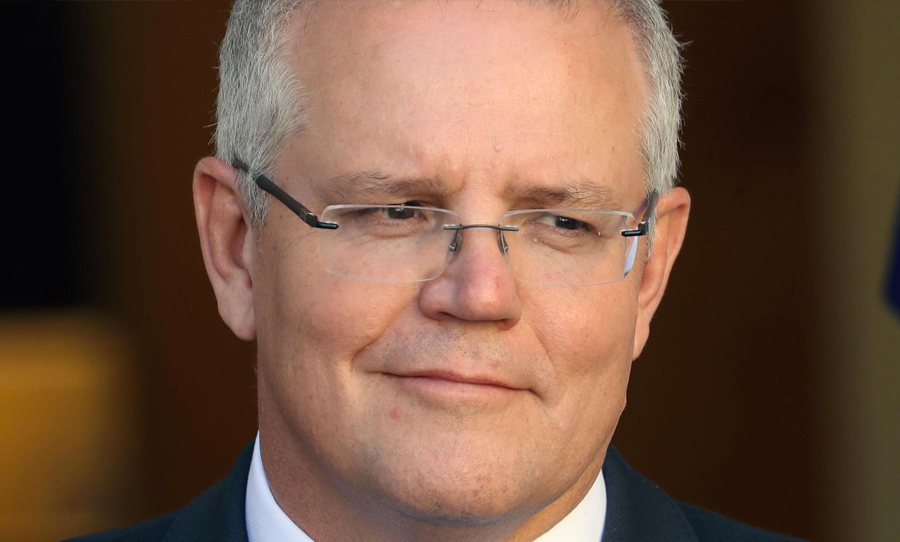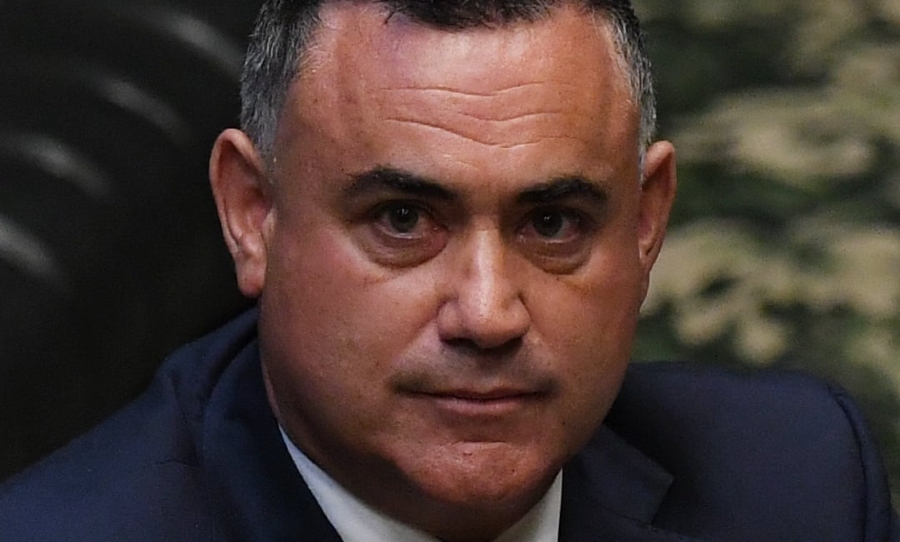Lebanon’s government has resigned following the Beirut explosion that devastated the area last Tuesday. The disaster left more than 200 dead and 6,000 injured, with 200,000 people deemed homeless or living in homes with no windows or doors.
With rising anger directed towards the Lebanese government and increasing pressure from the rest of the world, Prime Minister Hassan Diab chose to step down on national television on Monday evening.
The government of Lebanon has been criticised for corruption, nepotism, and negligence, following the Beirut explosion which left more than 200 people dead.
The current state of Lebanon’s repressive leadership has been held accountable by the public for the tragedy that occurred in Beirut, leading to protests and further unrest blanketing the nation.
The footage of the explosion, which destroyed Beirut’s port, is truly astounding. The causation has been linked to the unsafe storage of ammonium nitrate with combustible substances, following years of incompetence, as well as a fatal leadership decision. The explosion shocked the globe when 2,750 tonnes of the chemicals were detonated last Tuesday.
Entire Government of Lebanon 🇱🇧 has now resigned.
From defence minister to finance minister to enviornment minister, the whole cabinet resigned. Their Prime Minister has acknowledged their failure in dealing with economic crisis, health crisis and the blast.
— Dhruv Rathee 🇮🇳 (@dhruv_rathee) August 10, 2020
Prior to the blast, the stockpile danger was hidden away for more than six years, according to The Guardian. The aftermath of the fireball that erupted left a 45-metre crater in the port and hundreds injured or dead.
After months of deadlock, Diab was appointed PM of Lebanon back in January. In his speech on Monday, PM Diab described that “corruption is rooted in every part of the state” and in the nine months since his rise to power, he has found “that corruption is greater than the state” itself.
“A very thick and thorny wall separates us from change; a wall fortified by a class that is resorting to all dirty methods in order to resist and preserve its gains,” he said, according to Jurist.
Pray for lebanon 🇱🇧 #PrayForLebanon #PrayForBeriut may Allah make it easy for them.
— D e e z e l l (@officialdeezell) August 10, 2020
Protesters have been causing riots and upheavals with police and soldiers for the third consecutive day. In the national address, Diab explained that he was “heeding people’s demand for real change. Today we will take a step back in order to stand with the people.”
However, Lebanon’s leadership won’t transition as smoothly as you may expect. Over a third of ministers had already stepped down from their posts before Diab announced he was leaving. It’s now assumed that both current and resigned ministers will take a backbone role in forming a new administration.
The fall of the Lebanese government hasn’t done anything to prevent the political unrest and turbulence sweeping across the streets. The formation of a new political party, made up majorly of ministers from the previous government, certainly won’t shift the landscape away from imbalance.
200 people die in an explosion in Beruit and the entire government of Lebanon resigns. In the US 160,000 people have died from Covid and Trump wants to be on Mount Rushmore.
— Deacon Blues (@DeaconBlues0) August 10, 2020
A bunch of wealthy businessmen and warlords began running the country, following on from the civil war that lasted from 1975-1990. Senior politicians and oligarchs formed partnerships, taking enormous cuts from essential services in order to line their own pockets. At the detriment of the public health of its citizens, Lebanon slipped into a political state of nepotism and corruption.
“It can’t go on this way,” said Jad Daher, a Beirut protester, as reported by The Guardian. “It’s not just the corruption, but the system that got us to this point. If this government resigns, but a new one settles in answerable to the same people, then what have we achieved? This is all or nothing.”
Dear Lebanese sisters and brothers.
As you protest today against corruption & mismanagement of your government and Hezbollah, note that many of us Iranians fully support your fight. We admire your courage. We’re also fighting for same ideals.#Lebanon#LebanonExplosion pic.twitter.com/AzP3AZ2wUk
— Masih Alinejad 🏳️ (@AlinejadMasih) August 8, 2020
Diab’s shoes are expected to be filled by previous PM Saad Hariri, who stood down last November. A second potential candidate for the position is former senior diplomat, Nawaf Salam. Financial strains on the nation had already been worsened by the impacts of coronavirus, and following on from previous protests and an economic collapse late last year, it seems Lebanon could easily slip into a deeper void of economic instability and political unrest.
For ways in which you can help people in Lebanon affected by the Beirut blast, head here.




